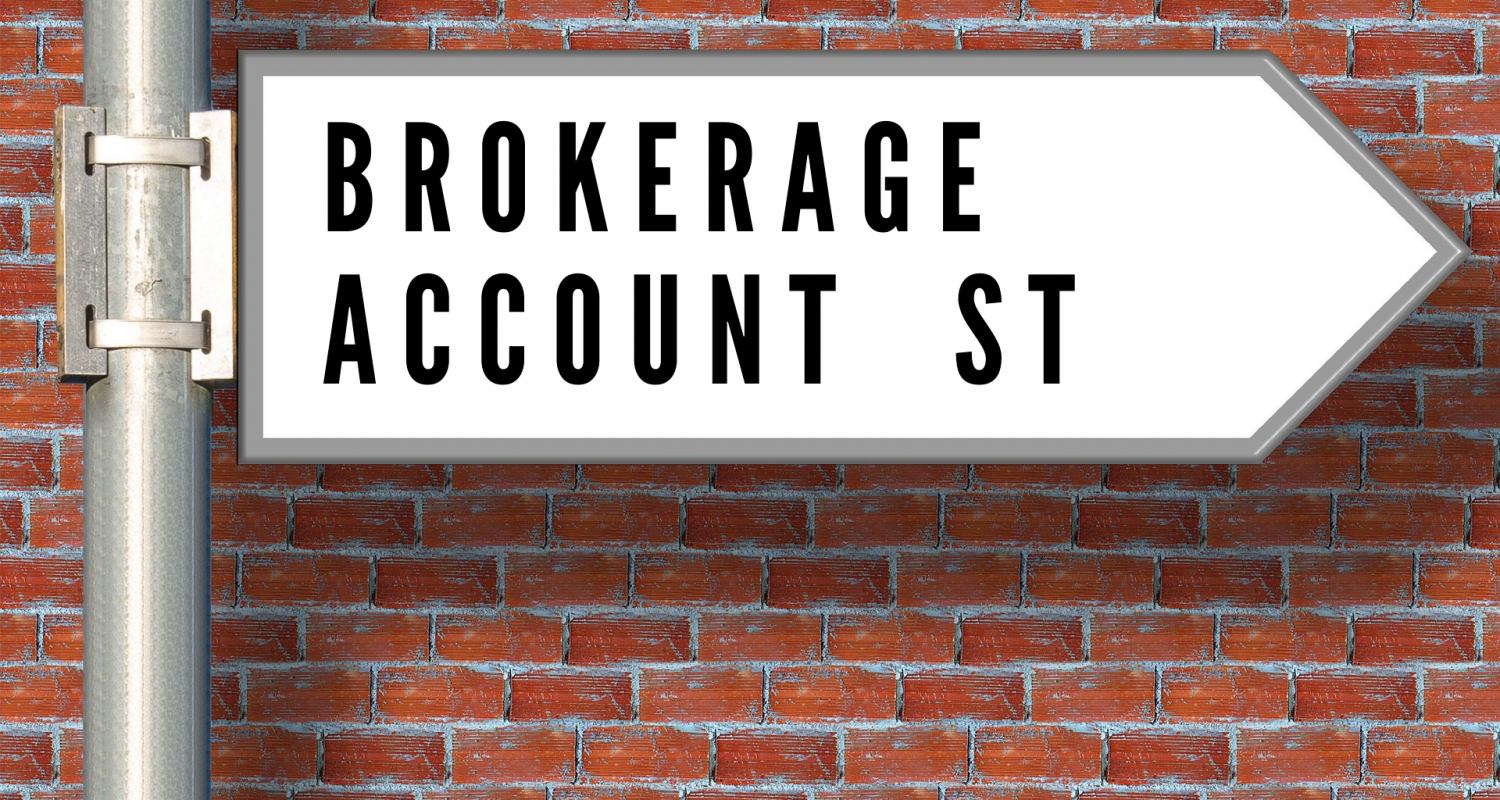What is an Individual Brokerage Account?
An individual brokerage account is another place where you can build wealth for your future. In addition to opening a Roth IRA, you can open a brokerage account where you place additional funds with more flexibility. Here you can purchase and sell stocks, bonds, mutual funds, ETFs, REITs, you name it! If it can be exchanged in the stock market, you can most likely have a piece of that pie. So why would I open one of these when I already have an employer-provided retirement account and/or an IRA? Great question. Let’s break down some of the pros and cons of an individual brokerage account.
The Cons of an Individual Brokerage Account
No Tax-Free Growth
Funds that are placed into a brokerage account are subject to taxable growth. What this means is that the securities (stocks and bonds) that you purchase in the account can grow just like they would in an IRA. The difference is that the bigger they grow, the more you’ll have to pay in taxes when you go to sell the fund.
Capital Gains Tax
As mentioned above, when the securities are sold, you’ll pay taxes on the growth; this is known as capital gains taxes. There are short-term and long-term capital gains. The difference is how much you pay and that’s completely based on how long you held the security before you sold; the threshold is one year. If you purchase a stock and sell it the same day, or a month later, or 11 months later (anything less than one whole year), you’ll pay short-term capital gains tax. Wait at least one year to sell the security and you’re subject to paying long-term capital gains tax. If you compare the difference, you’ll typically find that long-term capital gains taxes are about half of short-term capital gains taxes.
The Pros of an Individual Brokerage Account
Cash vs Margin
Be careful with this one as you can get in a lot of trouble and wipe yourself out if you’re not careful. A cash account is simple. You deposit money you have from an account like a checking or savings from your bank and invest amount of money in your brokerage account. In a margin, you borrow money from the broker to increase the amount of money to invest. If it goes well, you made additional gains for yourself with someone else’s money. If it goes bad, you may owe more than you have. When you open the account, be sure to know which type of account you’re opening and if you’re unsure, just reach out to the customer support and ask. That’s what they’re there for.
Sell Without Early Withdrawal Penalty
In an IRA, you must wait for a certain age to begin taking distributions from the account without penalty. In a brokerage account, you are free to take the money out at any time without penalty. This can be beneficial if you have an emergency or just feel like buying a new car, or whatever it is that you do with your money (we won’t ask). Remember the capital gains taxes though!
No Limit on Contributions
Like any tax-advantaged account like a 401k or IRA, you’ll have contribution limits. Remember the government isn’t going to let you get away with too much. In a non-tax advantaged account like an individual brokerage account, there is no limit on how much money you can place into the account. So, make it as big as you want.
Conclusion
So maybe you’re still asking: “Should I contribute to my employer-provided 401k, open an IRA, or open an individual brokerage account? Why not all three? There isn’t anything stopping you from opening an individual brokerage account in addition to the other tax advantaged accounts. There are pros and cons to all, but it can’t hurt to have some cash in all three. Many people will focus on maxing out their retirement accounts first and use the left-over income to place into an individual brokerage account since with a bit of prudent research, you’re likely to yield higher returns when compared to a savings account. Whatever you do, be smart and put your money to work.

Jake
MoneyDope Author
Jake is a stock market investor, residential real estate and commercial real estate investor, and entrepreneur. He has spent many years studying investments and the keys to wealth building. While he is continuing to learn, he has realized multiple facets of success within the investment world and wants to pass the knowledge, experience, and current endeavors on to those that are interested in getting started, but just need a bit of guidance.



